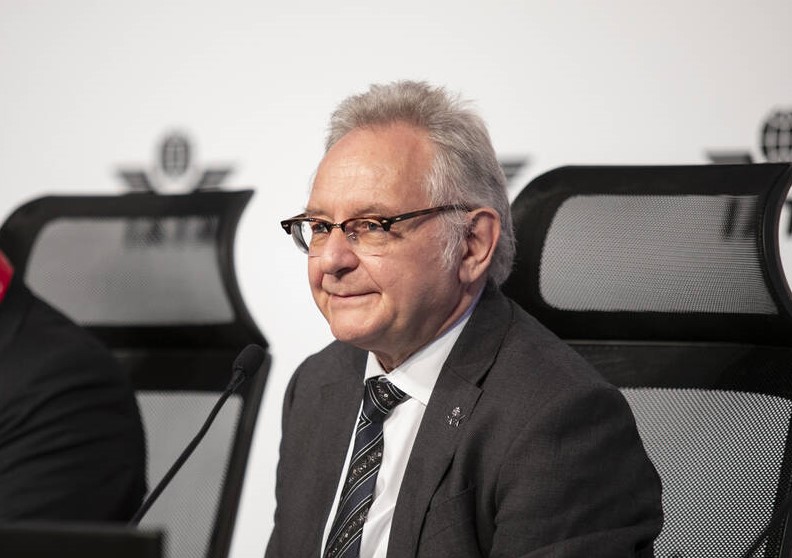“If it ain’t broke, don’t fix it,” was the clear message from IATA Deputy Director General Conrad Clifford, speaking at a press briefing at the 79th IATA Annual General Meeting in Istanbul about calls from some quarters about reform of airport slot rules.
These rules, governed by the Worldwide Airport Slot Guidelines (WASG), are the “unsung hero of the air transport system,” he told reporters.
Clifford also urged airports to do more to squeeze more capacity out of their existing infrastructure, with every little extra helping alleviate potential issues this summer. “Too many airports haven’t improved their capacity for years,” he said.
“The WASG starts with airport capacity declarations – they are the basis on which slots can be allocated,” he said. “Unfortunately, some airports have made little improvement to their capacity declaration for many years. Surely, they can find some efficiency improvements to create more capacity?”
According to Clifford, referring to what are globally harmonised rules for slot allocation: “Under the WASG, these rules have presided over a period of air transport growth, with greater efficiency and schedule stability, more routes, and greater consumer choice.
“But this successful story could be damaged if national or regional slot regulations that are supposed to mirror the WASG, such as the European Slot Regulation, are meddled with in ways which undermine the core strengths of the WASG,” he believed.
In recent years some commentators have focused on the 80-20 rule of slot coordination, whereby airlines that successfully operate at least 80% of a slot series over a season, are given the right to operate that slot series again the following year, explained Clifford.
“Some suggest that the 80-20 rule does not encourage sufficient use of airport capacity and is inefficient. The current rules offer the best use of capacity,” he argued.
“It’s hard to see how increasing the 80% threshold would help to make much difference,” he said.
“Thanks to the discipline of the slot rules, the capacity utilization at the busiest airports has grown to 95- 98%, flexibility afforded by the 80-20 slot use rule is vital for airlines to operate a sustainable schedule, and passenger demand fluctuates across a season so crucial that airlines are able to consolidate schedules when required.”
“So, the WASG, and the European Slot Regulation, is performing extremely well,” concluded Clifford.
“We encourage all governments considering regulating slots to ensure that they are dynamically aligned with the WASG, so that it will reflect best practices as developed by experts from airports, airlines and slot coordinators in real time.”



